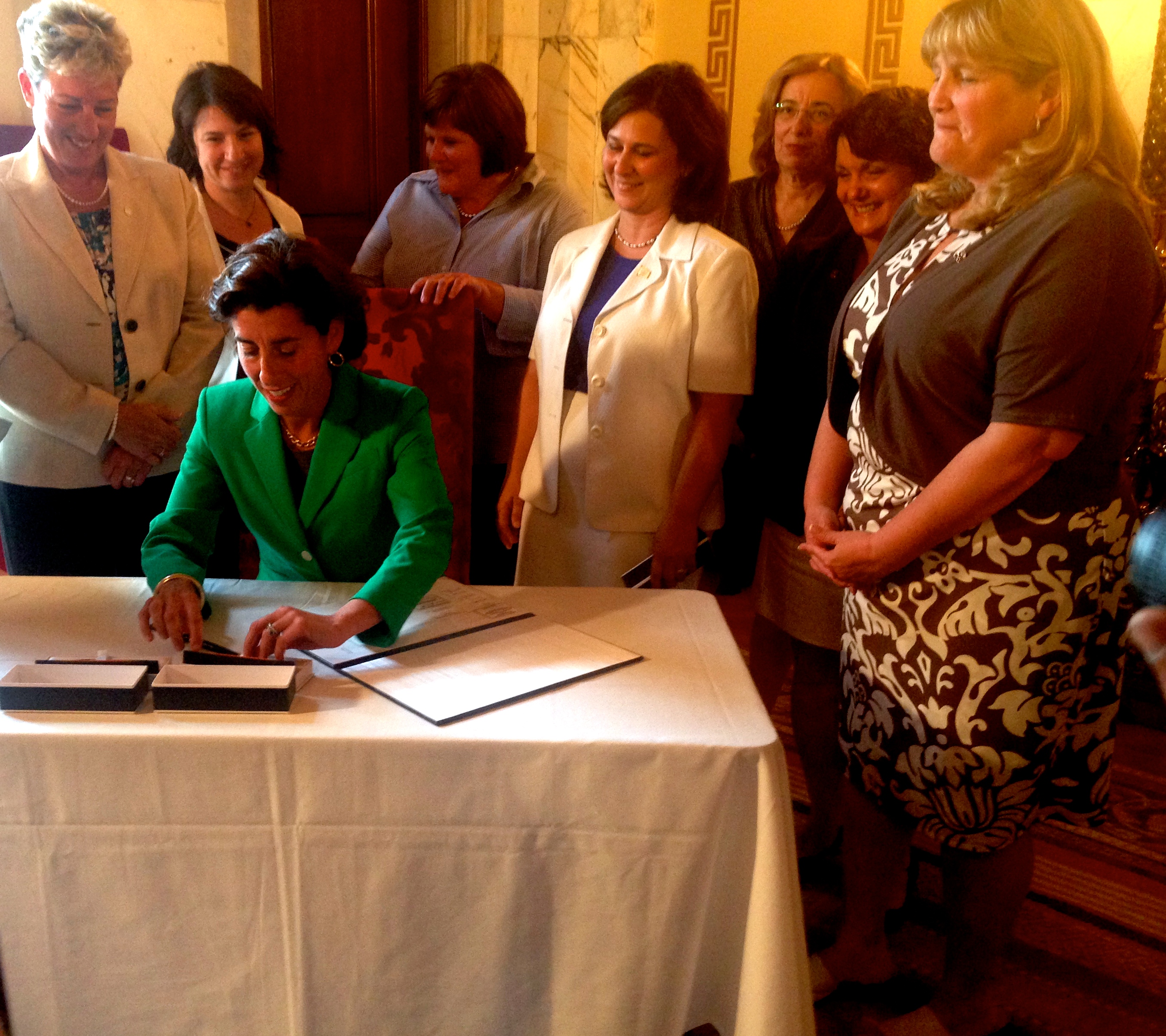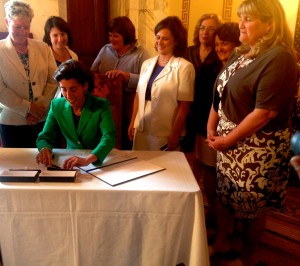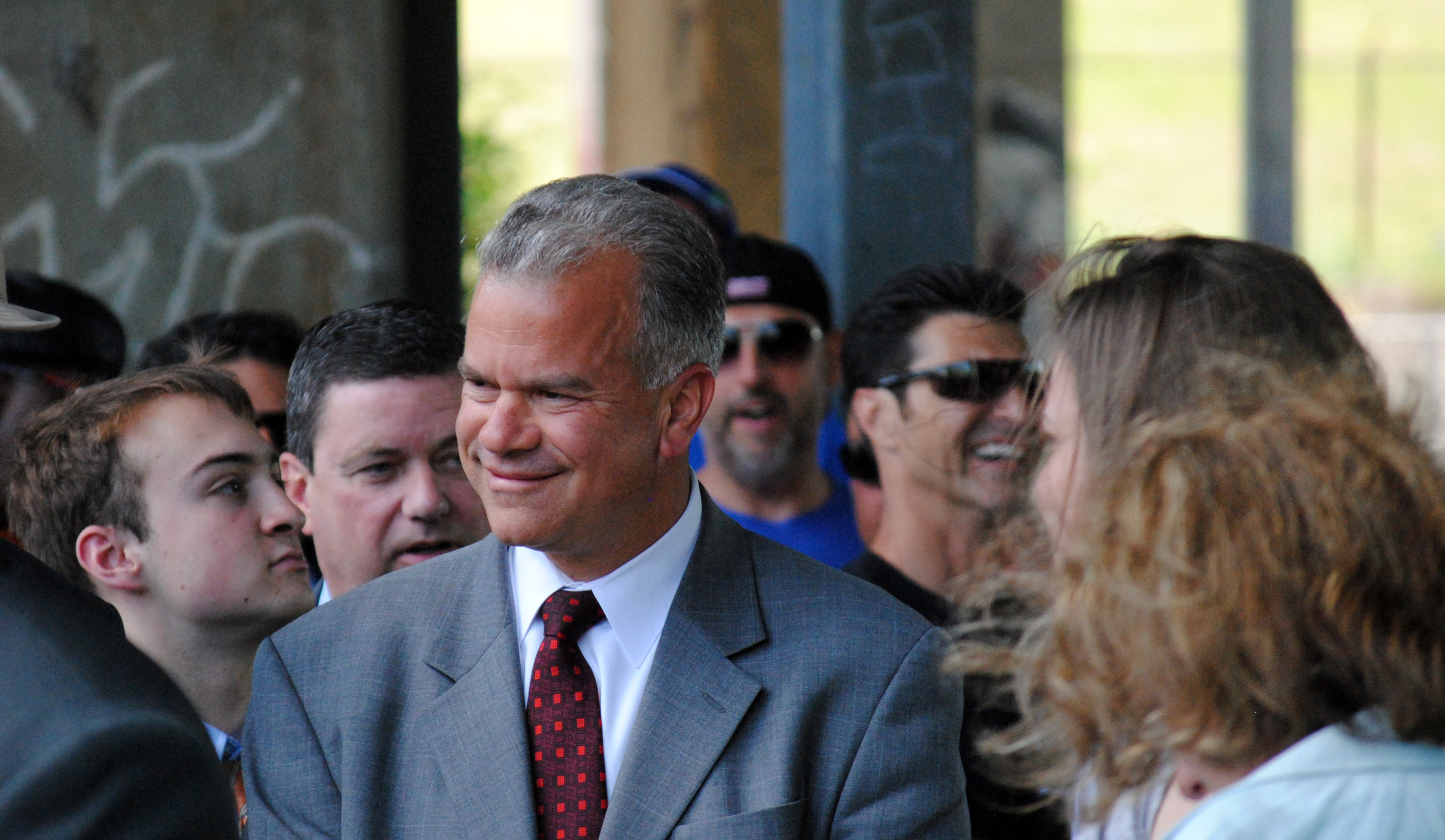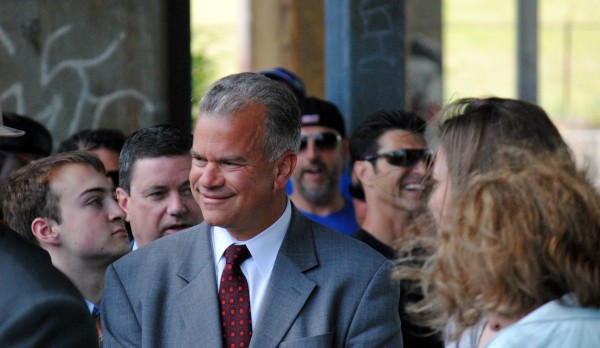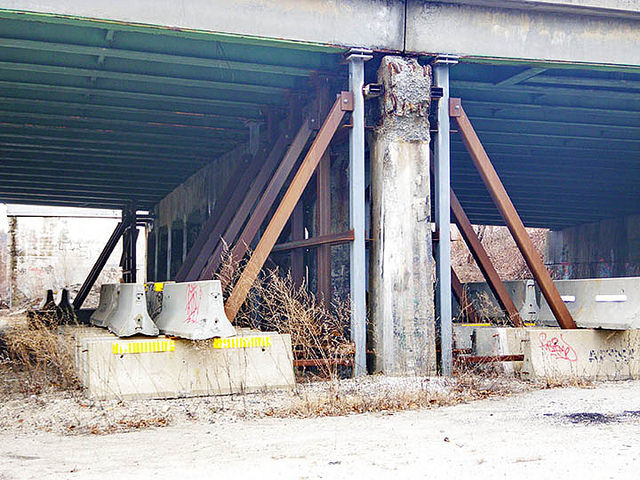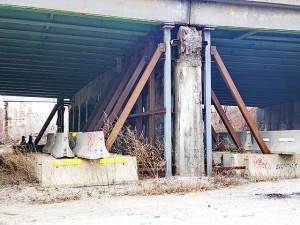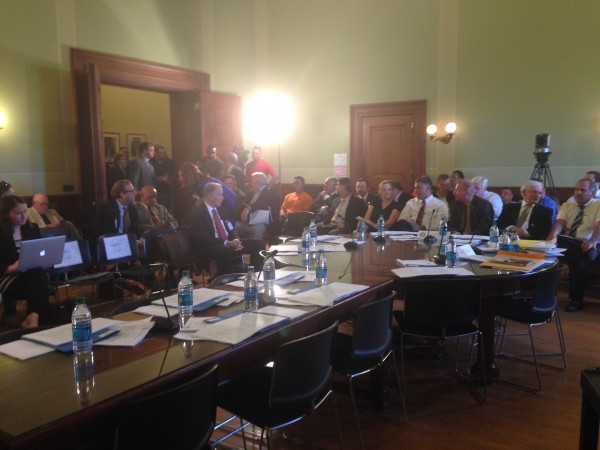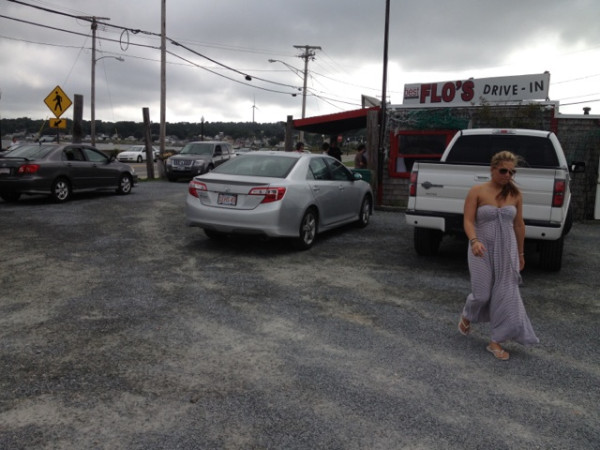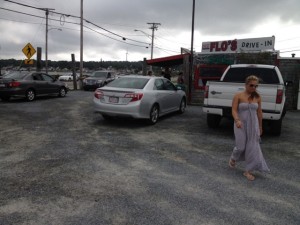
The answer to why public school teachers are absent so often is easily explained if you ever walk into our under-funded school buildings that have gone decades without serious renovations and are host to a variety of workplace hazards.
Perhaps Gov. Raimondo is right to be concerned.
“I use the example that our buildings are extremely run-down and they’re not well-kept and they’re not really clean,” said Providence teachers’ union president Maribeth Calabro. “I know of several teachers, myself included, who, somewhere in September, get sick with bronchitis and the last bout of bronchitis that they have is somewhere in February or March. There’s been years where I’ve had bronchitis three and four times, just me personally.
She added, “But I also know other teachers who, when you go to the doctor, the doctor says ‘Are you a teacher? Are you in an older building?’ So we have a lot of respiratory illness, a lot of asthma, a great deal of bronchitis, and it just wears people down. It wears their immune system down to be working in environments that are not clean.”
Click the player below to listen to this interview
Calabro said all stakeholders know the biggest issue in urban education is the facilities.
“I’ve walked our buildings with school committee members,” she said. “I’ve walked our buildings with Senator Pichardo and other members. I’ve walked them with George Nee and Mr. Sabatoni. We all realize, it’s abundantly clear that our buildings are in disrepair, to the point of being just disrespectful in the fact that we think that kids should just come here and feel good about themselves when the building is so run down. There’s an acknowledgement at the state and local level that this is in fact the case. The issue is, and it always comes down to this, it’s the money. So there was a moratorium put on construction funding for schools for a good long time and that moratorium served to further exacerbate the issues that are in schools. We have holes in ceilings, holes in floors, missing screens, you name it. Peeling paint, I can’t even tell you how much peeling paint there is, mold, etc.”
“So all of those things cost money and I realize that and the building trades realize that and I think the public in general, John Q. Public, realizes that it costs money. But there has to be a way sustain and maintain these buildings through funding from the state and/or city that doesn’t hinge upon the whim of the person who is in political office and the fact there is no money. So we don’t have a rainy day fund, we don’t save specifically for schools, we don’t do anything in particular to support school construction that is not charter-like. So all of those things exacerbate the situation in that we have basic needs of our kids and they’re not being met because of financial obligations.”
Last year PTU Treasurer Alex Lucini described how some buildings in his district are supposed to be legally condemned:
“They always pick and choose a topic area every year to focus on and it’s typically never anything positive, it’s always the negative angle which vilifies teachers for whatever reason,” says Providence teachers union president Maribeth Calabro. “I think that it’s very interesting that the conversation just focuses on the word ‘absences’ but it doesn’t talk about reasons for absence.”



